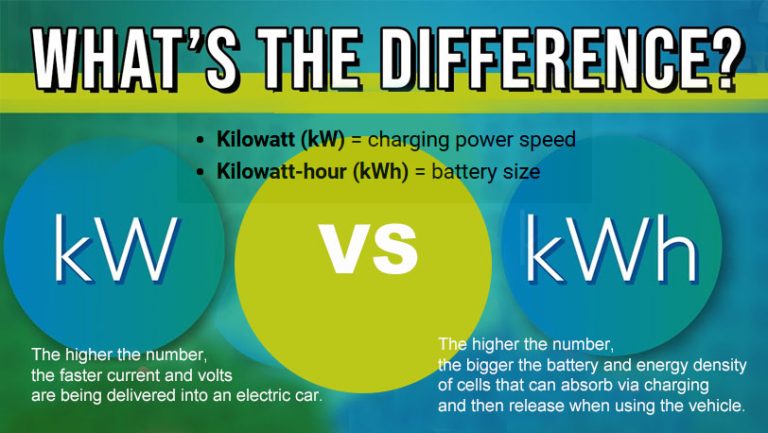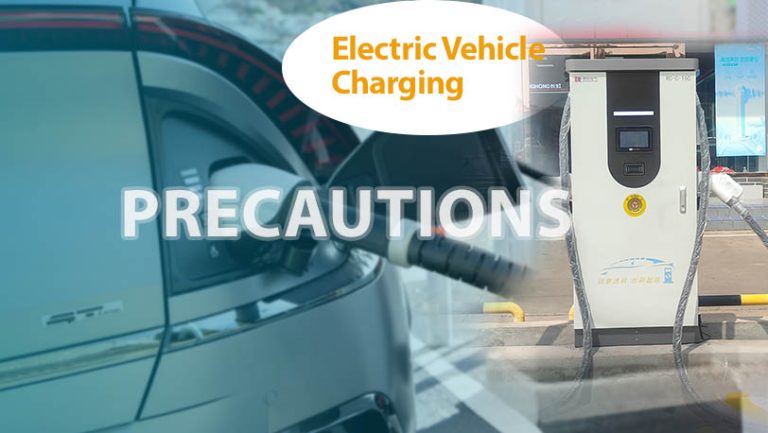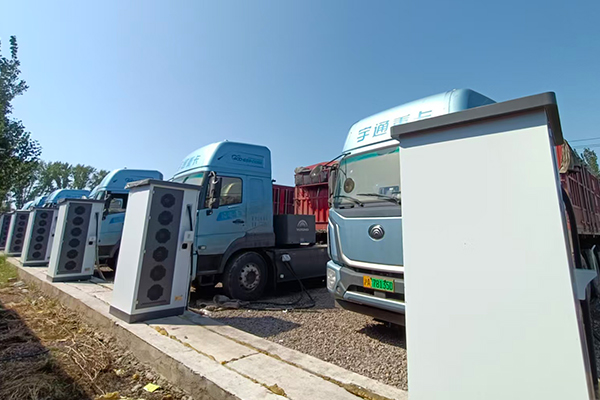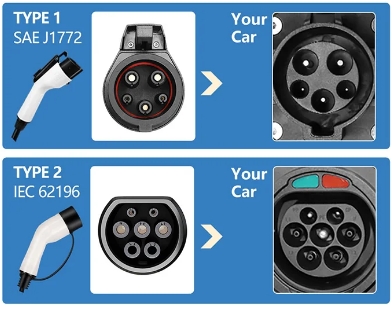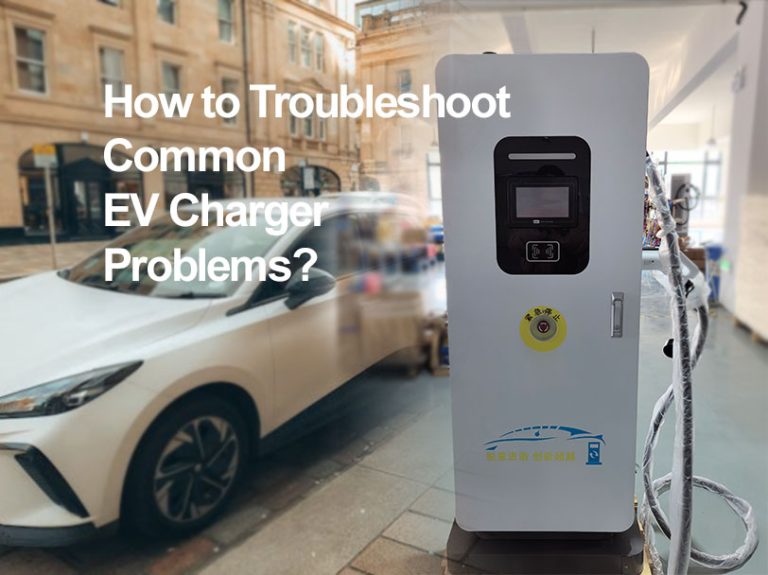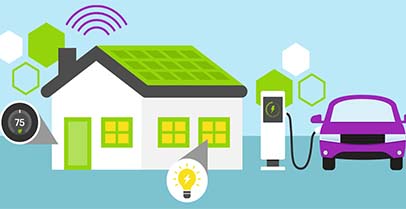The cost of charging an electric vehicle (EV) depends on several factors, including your local electricity rates, the size of your vehicle's battery, and how much energy is required to charge it. Here’s a breakdown to give you a general idea:
1. Electricity Rates
- Home Charging: In the U.S., the average electricity rate for residential customers is around $0.13 per kWh (kilowatt-hour), but rates can range from $0.09 to $0.30 depending on where you live.
- Public Charging: Public charging stations can have different pricing structures. They might charge per kWh (typically around $0.20 to $0.60 per kWh), or sometimes per minute of charging (ranging from $0.10 to $0.40 per minute, depending on the speed of the charger).
2. Battery Size and Efficiency
- EVs typically have batteries with capacities between 30 kWh and 100 kWh. For example:
- Small EVs (like the Nissan Leaf): Battery capacity is around 40 kWh.
- Mid-range EVs (like the Tesla Model 3): Battery capacity is between 50 kWh and 75 kWh.
- Large EVs (like the Tesla Model S): Battery capacity can be 100 kWh or more.
An EV with a 60 kWh battery requires 60 kWh of energy to go from 0% to 100% charge.
3. Cost to Charge (Home Charging)
To calculate the cost, multiply the battery capacity by the electricity rate:
Example 1: Nissan Leaf (40 kWh battery)
- Battery capacity: 40 kWh
- Electricity rate: $0.13 per kWh (average U.S. rate)
- Charging cost: 40 kWh × $0.13 = $5.20 to fully charge from 0% to 100%
Example 2: Tesla Model 3 (75 kWh battery)
- Battery capacity: 75 kWh
- Electricity rate: $0.13 per kWh
- Charging cost: 75 kWh × $0.13 = $9.75 to fully charge from 0% to 100%
Example 3: Tesla Model S (100 kWh battery)
- Battery capacity: 100 kWh
- Electricity rate: $0.13 per kWh
- Charging cost: 100 kWh × $0.13 = $13.00 to fully charge from 0% to 100%
4. Cost to Charge (Public Charging)
Public charging stations, especially fast chargers, tend to be more expensive than home charging. For instance:
- Level 2 chargers (typical for public stations) usually cost $0.20 to $0.60 per kWh.
- DC fast chargers (found at locations like Tesla Superchargers) may charge anywhere from $0.25 to $0.80 per kWh, or sometimes a flat rate per minute of charging.
For a 75 kWh battery and a $0.40 per kWh rate:
- Charging cost: 75 kWh × $0.40 = $30.00
5. Charging Efficiency
It’s important to note that charging is not always 100% efficient. Typically, you lose about 10-15% of energy due to conversion losses (the process of transferring electricity from the grid to your EV). This means you might need to use a bit more energy to charge your car than what the battery's capacity is rated for.
6. Additional Factors
- Time of day: Some electric utilities offer time-of-use rates that vary depending on when you charge. Charging at night (off-peak hours) can often be cheaper.
- Charging location: Charging at work or at certain businesses may be free or discounted, especially if they are incentivized to provide EV infrastructure.
- Charging speed: Fast chargers typically cost more per kWh than slower chargers, but they provide quicker charging times.
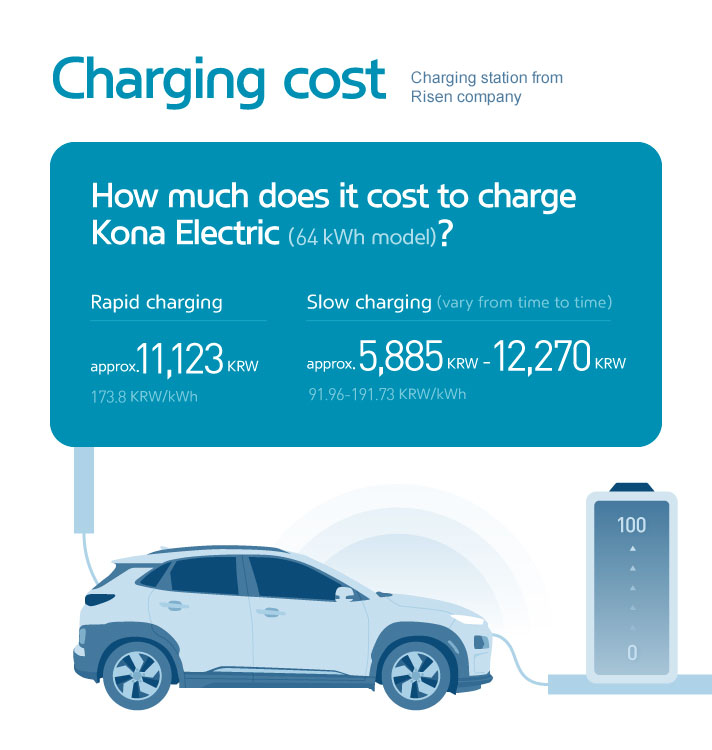
7. Example Calculations
Home Charging
For a 75 kWh battery with an average electricity rate of $0.13/kWh:
- Cost to fully charge: 75 kWh × $0.13 = $9.75
If you're charging at home and get around 3-4 miles per kWh, a full charge could give you 225 to 300 miles of driving range, meaning you’re paying $0.03 to $0.04 per mile.
Public Charging
For the same 75 kWh battery, if charging at a public station costs $0.40/kWh:
- Cost to fully charge: 75 kWh × $0.40 = $30.00
If the car provides 225-300 miles of range, this works out to $0.13 to $0.17 per mile.
8. Conclusion
The cost to charge an EV varies widely depending on where and how you charge it, but it’s typically much cheaper than refueling a gasoline-powered car. On average, it costs between $5 to $15 to fully charge an EV at home, while public charging can be significantly more expensive, especially with fast chargers.
When considering the cost per mile, EVs are generally very economical, averaging around 3 to 4 cents per mile for home charging, depending on energy rates and vehicle efficiency.


